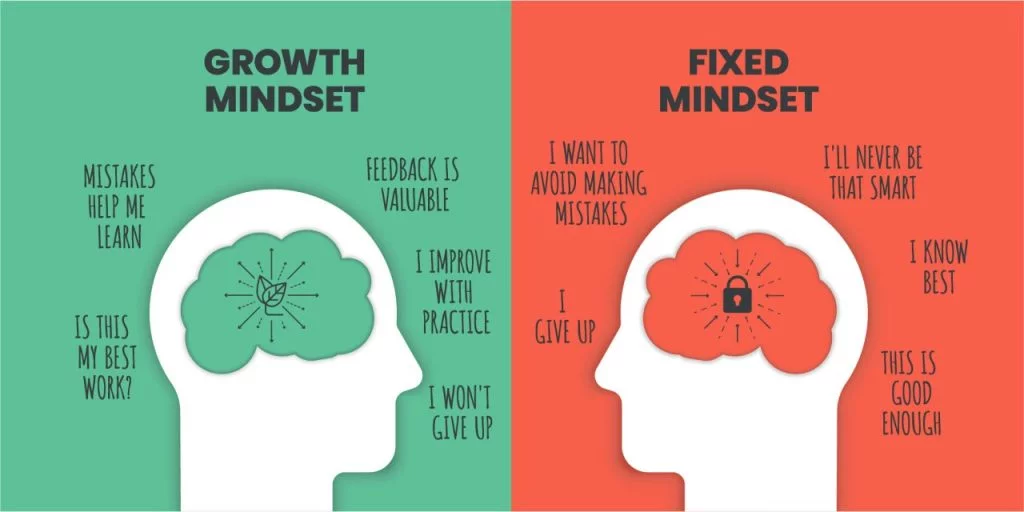Addressing mental health in the development sector
The development sector is known for its dynamic and fast-paced environment, where continuous learning, remote work, and the trend of significant layoffs are common. While these elements drive the industry’s progress and adaptability, they also present substantial mental health challenges. This blog explores the impact of these factors on mental well-being and offers strategies to mitigate their effects.

The pressure of continuous learning
In the development sector, staying updated with evolving technologies and methodologies is crucial. However, this necessity can lead to:
- Burnout: The relentless need to acquire new skills and knowledge can be overwhelming, leaving little time for relaxation and self-care.
- Impostor syndrome: The constant demand for learning can make professionals feel inadequate despite their expertise, negatively impacting self-esteem and mental health.
Coping strategies
- Structured learning plans: Create realistic goals and timelines for acquiring new skills. Break down large tasks into manageable steps to avoid burnout.
- Community support: Engage with professional communities and peer groups to share knowledge and experiences, reducing feelings of isolation and inadequacy.
- Mindfulness practices: Incorporate mindfulness and relaxation techniques into your routine to manage stress and maintain mental clarity.
The reality of remote work
Remote work has become increasingly common in the development sector, especially after the pandemic. While it offers flexibility and convenience, it also presents unique mental health challenges:
- Isolation: The lack of in-person interaction can lead to loneliness and a sense of disconnection, impacting mental well-being.
- Blurring of boundaries: The lines between work and personal life often blur in a remote setup, leading to overwork and stress.
Coping strategies
- Regular check-ins: Schedule virtual meetings and check-ins with colleagues to foster a sense of connection and community.
- Set boundaries: Create a dedicated workspace and establish clear work hours to maintain a healthy work-life balance.
- Physical activity: Include physical activities and breaks in your daily schedule to reduce stress and enhance overall well-being.
The impact of layoffs
Significant layoffs have become a concerning trend in the development sector, driven by economic shifts and organizational restructuring. The psychological impact of layoffs includes:
- Job insecurity: The fear of losing one’s job can lead to chronic stress and anxiety, affecting both mental and physical health.
- Loss of identity: For many, their job is a significant part of their identity. Layoffs can lead to a loss of self-worth and purpose.
Coping Strategies
- Professional development: Use uncertain periods to enhance your skills and expand your professional network. This can improve employability and provide a sense of control.
- Mental health support: Seek professional mental health support or counseling to navigate the emotional challenges associated with layoffs.
- Community engagement: Stay connected with your professional community for support, networking, and potential job opportunities.
Conclusion
Mental health in the development sector is a crucial issue that needs attention. By recognizing the challenges of continuous learning, remote work, and layoffs, and by implementing practical strategies to address these issues, professionals can better navigate the complexities of this dynamic field. Prioritizing mental well-being not only enhances personal health but also contributes to more sustainable and productive careers.
